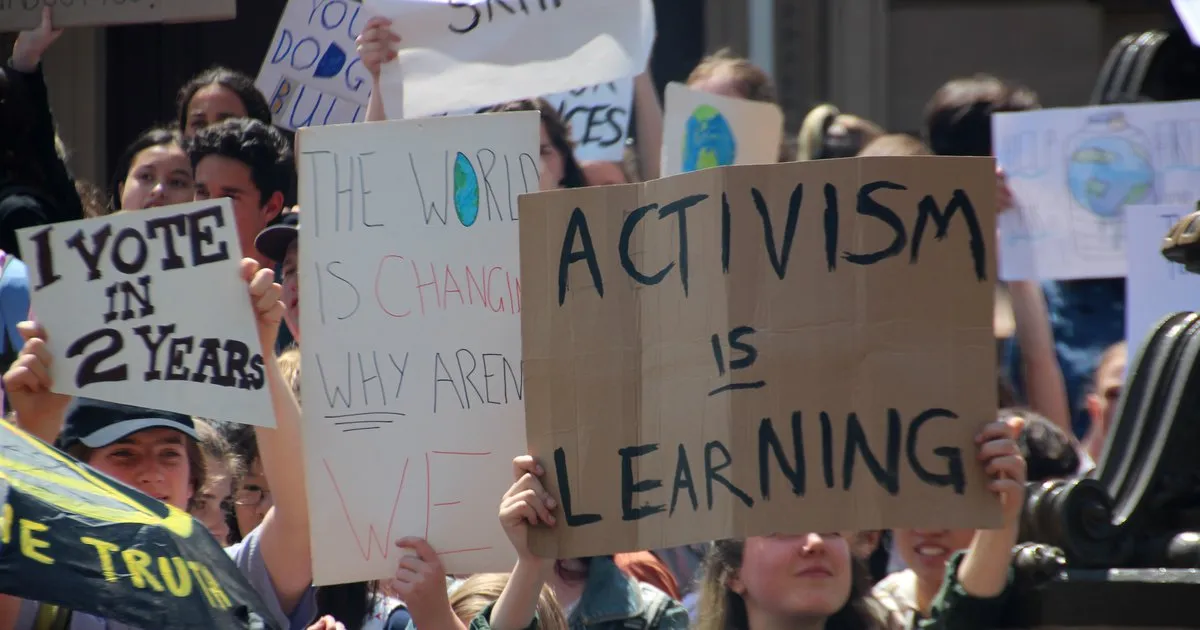I have a vested interest in writing this: too many so-called bicycle advocates belong to a category my unionist forebears would have called scabs. More polite but less accurate are words like a dilettante, outsider, amateur, or non-professional. Some are doctors—how I would love to establish free try-your-luck surgeries next door to theirs! Some are engineers—gee, I could do that!

If you do not receive money for your work to further the cause of bike transport, then the only really effective stance you can take is that of an activist. An activist is someone who rallies huge crowds to obstruct movement in public spaces until the government either caves into their demands or throws them in jail. Die-ins, critical mass rides, and the old stop the child murder demonstrations in Holland in the 1970s all fit this description. Other good examples, though not directly related to cycling, are the Occupy movement and the student demonstrations in Tiananmen square. In my mind, I’m provoking unrest with this blog. In reality, the nearest I have ever physically come to true bicycle activism was this critical mass ride in San Francisco.
No one I know could call themselves a real bicycle activist, and thankfully, no one I know ever has. What they will call themselves are bicycle advocates.
What, exactly, is a bicycle advocate? A polite kind of activist who achieves just as much with their emails and meetings? Or are we really just talking about the kind of guy who sits on hold waiting to have his say on mid-morning radio or who responds to right-wing press stories about cyclists with 500-word comments? Wouldn’t he be better described as an unemployed lobbyist?

The tobacco and auto industries have lobbyists. They work in teams of fifty or more, and some are on wages of a few hundred K; if I knew any of those guys, I’d have stories about parties with brass and old Moët. But all I know are bike industry lobbyists. They represent bike shops and importers or the interests of rider insurance policyholders. I’m glad to know all of these people. My only regret is the tales of $4 coffees; the car and fag lobbies have much better parties…
I’ve shared a few coffee breaks with unemployed lobbyists, you know, the ones my dad would call “scabs.” The conversations all seem to follow this pattern. He has recently met with someone in power who sent him away to get stats. He has now gathered those stats (sometimes with a little guidance from me) but has been sent away yet again, this time to get costings. Next, he will be sent away to get stats. Then he’ll be sent away to get costings. He’s feeling so close now he has started designing the bicycle track and the lighting. After his next visit to the council, he is sent away to find a cambric shirt without no seams nor needlework, and the week after, an acre of land between the salt water and the sea strand. He still hasn’t gotten the hint that he has not been sent away to get prices and stats. They just sent him away.

What the unemployed lobbyists have done over time is devalue professional research and consultancy work and create a myth that unpaid advocacy work is just as effective as true bicycle activism. It’s not. For every story I’ve heard of an advocate’s campaign breaking through, I’ve heard a politician’s side of the story, that the decision to do something for cycling had been made in advance. At best, the campaigner gave the government some tips. More likely, he was doing a rain dance, then one day, it happened to rain.
I’m sensitive. I know when I’m being fobbed off. Fortunately, I learned all about it decades ago. As a precocious post-graduate student, I took a grand scheme for my city to our mayor at the time. He told me to go and do some more research. Fortunately, my plan was so grandiose (burying my city’s heavy rail line to build apartments above) that I was able to step back and recognize my own megalomania. I’m lucky, too, that my natural male urge to build towers and roads has been satisfied in the course of my work, especially in Singapore during the Tiger boom phase.

Since I’ve gone into practice, I get roughly one inquiry per fortnight for legitimate work and one a day for free advice or a free public lecture. I was rarely bothered this way in the tertiary sector and never bothered when I worked in architectural practice before that.
Whether for my sake or the sake of bike planning, more generally, I would urge you all to stop doing free work. Put your energy into genuine activism. You just saw how it works last week in Melbourne. And you can understand the theory behind it by reading a little Jacques Ranciere or David Harvey.

